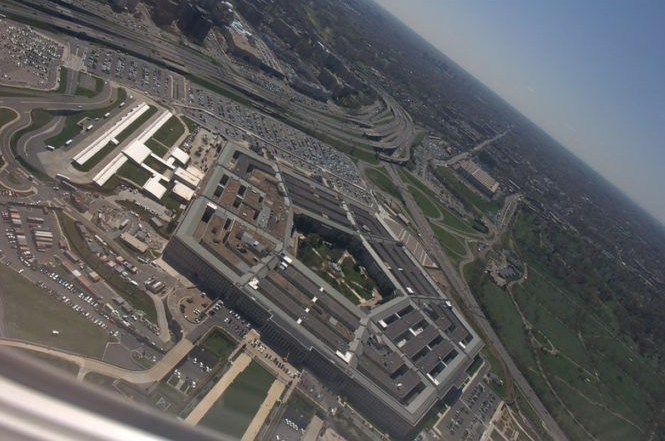CommentsDATELINE BEJING - Chinese hardliners just had their stance justified by the erratic, verging on unhinged, behavior in the United States and by its military.
First the storming of the capitol on Jan 6. Seen from Beijing it looked like a failed coup, a botched but serious attempt to upend U.S. politics. Now, a book by journalists Bob Woodward and Robert Costa claims U.S. General Mark Milley, the chairman of the Joint Chiefs of Staff, called General Li Zuocheng of the People’s Liberation Army not once but twice. First on October 30, 2020, just four days before the election. The second call took place on January 8, two days after Trump supporters stormed the Capitol. Milley sought to assure Li that the United States was stable and not going to attack.
However, he said, if there were to be an attack, he would alert his counterpart ahead of time.
Schizophrenic? This places Li in an impossible position. How does he tell his boss, Xi Jinping? He would have to inform the Chinese president that a U.S. general had just said that they won’t attack with nuclear weapons but if they do, they will be notified. Can you trust him to let you know? Is it a veiled threat? At the very least you would have to put your forces on alert.
Imagine this in reverse. If a Chinese general had called his US counterpart. The U.S. would say that China is out of control. The response on the Capitol would be apoplectic. Talk shows would be asking viewers if the U.S. should have launched a pre-emptive strike.
Thus, ushers in the age of Aukus. This is not a version of Covid. Australia the UK and U.S. have announced a security pact to share advanced defense technologies.
The partnership will enable Australia to build nuclear-powered submarines for the first time.
The pact will also cover artificial intelligence, quantum technologies and cyber space. At least that’s the official version. In reality it is targeting Beijing where it is viewed as a fig leaf to cover the U.S. withdrawing from the Asia-Pacific region. A new military alliance. Just for argument’s sake let’s suppose the PLA Navy was in a stand-off with a UK or Australian naval vessel. Would the U.S. protect its allies or ring Beijing?
U.S. President Joe Biden has even been snubbed by Xi. There was a time, until quite recently, when a summit with a U.S. president was seen as a huge propaganda victory for China. Not any longer. Biden suggested the possibility of a meeting with Xi during a phone call on September 10, but the Chinese president rejected it. Xi hasn’t left China for more than 600 days, ostensibly because of COVID. But the reasons he didn’t want to meet Biden are political rather than health-related; quite simply, nothing to be gained domestically from it.
The Nixon-Mao meetings of the early 1970s introduced a period of mutual-interest politics anchored by greater engagement. For China it was a path to modernization and growth. For the U.S. the meetings offered the prospect of a huge market and the end of a threat of a Cold-War scenario.
This relationship was not derailed by the bloodshed on and near Tiananmen Square in 1989 or China’s entry into the World Trade Organization in 2001 nor its trade surpluses with the U.S. It survived the U.S. bombing of the Chinese Embassy in Belgrade in 1999 and occasional White House decision to sell arms to Taiwan or meet with the Dalai Lama. Nor did clashes over censorship and human rights, tapering off in later years, cause too much upheaval. Nixon was the first of 10 U.S. presidents who have managed China relations. Xi is the third Chinese leader since the reforming Deng Xiaoping.
China under Xi is less accommodating, less willing to engage, and less sure of the value of U.S. relations. Its economic success has fueled a nationalism that the West has never had to deal with before. After all, despite the apparent success of closer ties, a U.S. general has nonetheless suggested that his country could attack China. This will have profound implications.
Trade ties have actually decoupled from political tensions. Official Chinese data show that bilateral trade between the two countries has seen a surge in 2021. Ironically, this bodes ill for future ties. It used to be claimed that closer commercial ties would lead to greater political engagement. This is clearly not the case. China has immense problems, including a slowing economy, pollution, and corruption. But despite this, Xi feels China’s time has come. He may even tell Li to put all calls from Washington on hold.
(Tom Clifford, now in China, worked in Qatar with Gulf Times from 1989-1992 and covered the Gulf War for Irish and Canadian newspapers as well as for other media organizations. This article was first published in CounterPunch.org.) Prepped for CityWatch by Linda Abrams.
















